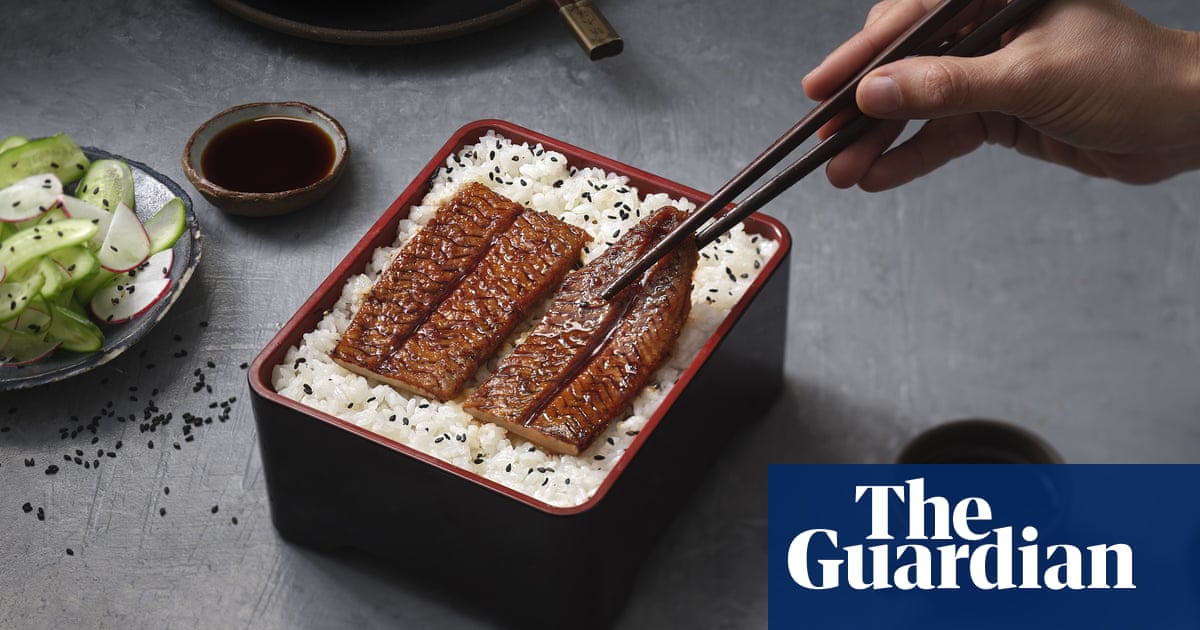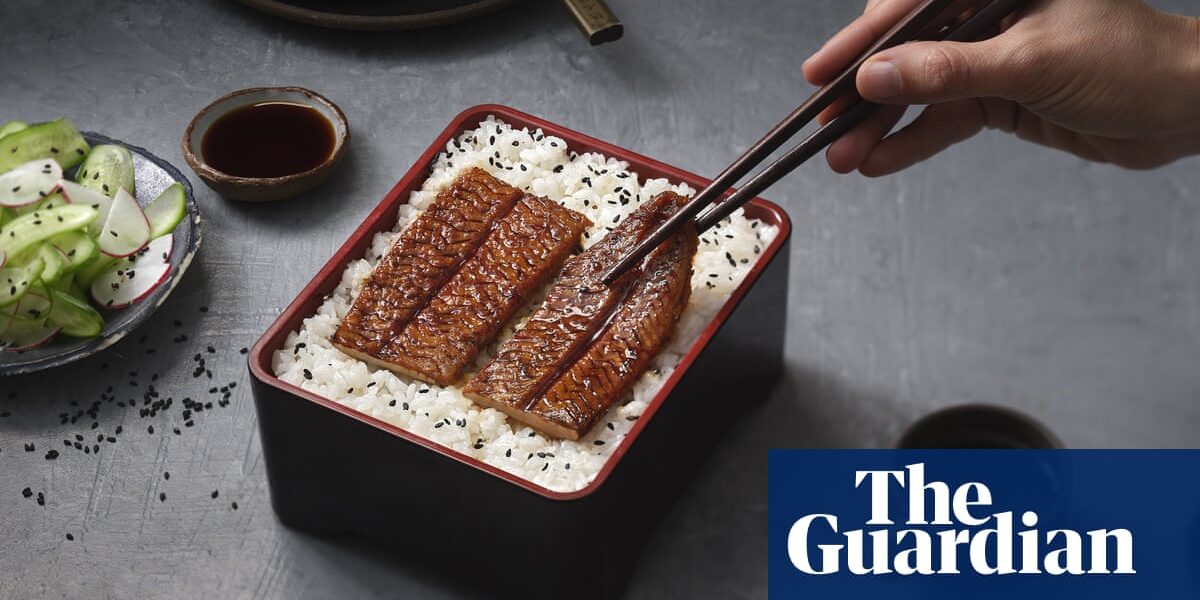
The initial creation of farm-grown freshwater eel meat has been achieved, offering a potential solution to the problem faced by diners. Due to excessive fishing, there has been a significant decline in eel populations and a subsequent increase in prices. However, the artificially grown eel could offer a guilt-free option for those seeking this delicacy.
Forsea Foods in Israel used embryonic cells from a freshwater eel to produce eel meat. The company worked with a Japanese chef to make unagi kabayaki, a dish of grilled eel marinated in sauce served over rice, and unagi nigiri, a type of sushi.
The company’s goal is to expand its operation and make cultivated eel available for purchase within two years. In support of this development, Japan’s prime minister, Fumio Kishida, endorsed the cultivation of meat industry last year. The current market price for eel in Japan is approximately $250 per kilogram, and Forsea Foods anticipates that the cultivated eel will be priced similarly to wild-caught eel.
The depletion of eel populations due to overfishing and pollution has resulted in a global decline, while also fueling a black market trade worth billions of dollars. In Japan, eel consumption has decreased by 80% since 2000, according to Roee Nir, CEO of Forsea Foods, who stated that the scarcity of supply has caused a spike in prices.
Nir stated that the current prototype of the product has a distinctive taste and texture. It is both tender and fatty with a unique umami flavor. They are striving to replicate this flavor in their final product before releasing it for sale.
According to Chef Katsumi Kusumoto, owner of Tokyo’s vegan restaurant Saido, unagi remains a beloved dish in Japan. However, its popularity is affected by the increasing understanding of the importance of sustainability.
Forsea Foods’ approach is to focus on species that are in danger of disappearing in their natural habitat and are in high demand in the culinary and retail industries. Eels fit both of these criteria. Due to the intricate life cycle of eels, which includes extensive migrations from rivers to the sea and multiple distinct life phases, they cannot be raised in captivity like other types of fish.
Using organoids, which are small groups of tissue originally designed for medical research, scientists were able to produce the cultured eel. The organoids are composed of stem cells extracted from fertilized eel eggs, which have the ability to develop into various types of tissue. As they multiply, they naturally form the same structure as real meat. The resulting product also includes some components derived from plants.
According to Nir, alternative methods for creating lab-grown meat involve increased reliance on costly growth factors and scaffolds to support cell growth. This technique is especially suitable for fish and seafood, as their meat tends to have a consistent texture unlike marbled beef. Like other cultured meats, antibiotics and hormones are not used in its production.
Forsea Foods is the only company known to be producing cultivated meat using this technology. The company has raised $5.2m (£4.1m) in investment, with more expected to be announced soon.
Seren Kell, from the think tank Good Food Institute Europe, stated that utilizing organoids could give companies the opportunity to harness the natural self-organizing abilities of animal cells. This would essentially allow nature to take on the challenging task of developing cultivated meat and seafood.
She stated that those leading the way in farmed seafood are creating nutritious and environmentally-friendly options to satisfy the demand for various regional delicacies. This helps to avoid issues like overfishing and damaging marine ecosystems. The GFI granted research support to Forsea during the years 2021-23.
In the United States, companies such as Wildtype are producing salmon and BlueNalu is focusing on tuna. In Israel, Steakholder Foods has successfully grown grouper fish through cultivation methods. Meanwhile, in Singapore, Shiok Meats is aiming to cultivate shrimp, lobster, and crab. Cell4Food in the Azores is also in the process of cultivating octopus.
Earlier this week, Aleph Farms in Israel achieved the distinction of being the first company to receive regulatory approval for producing cultured beef. Meanwhile, two American companies, Good Meat and Upside Foods, have already obtained approval for producing cultured chicken. In fact, Good Meat was the first to offer cultured meat for sale to consumers in Singapore last year.
Cultivated meat is expected to have a much lower environmental footprint than meat from livestock. Scientists have said that avoiding conventional meat and dairy products is the single biggest way to reduce your environmental impact on the planet.
-
This article was revised on January 22, 2024. An earlier version erroneously stated that the eel meat was derived from embryonic cells of the Japanese unagi eel, when in reality it came from a freshwater eel.
Source: theguardian.com



